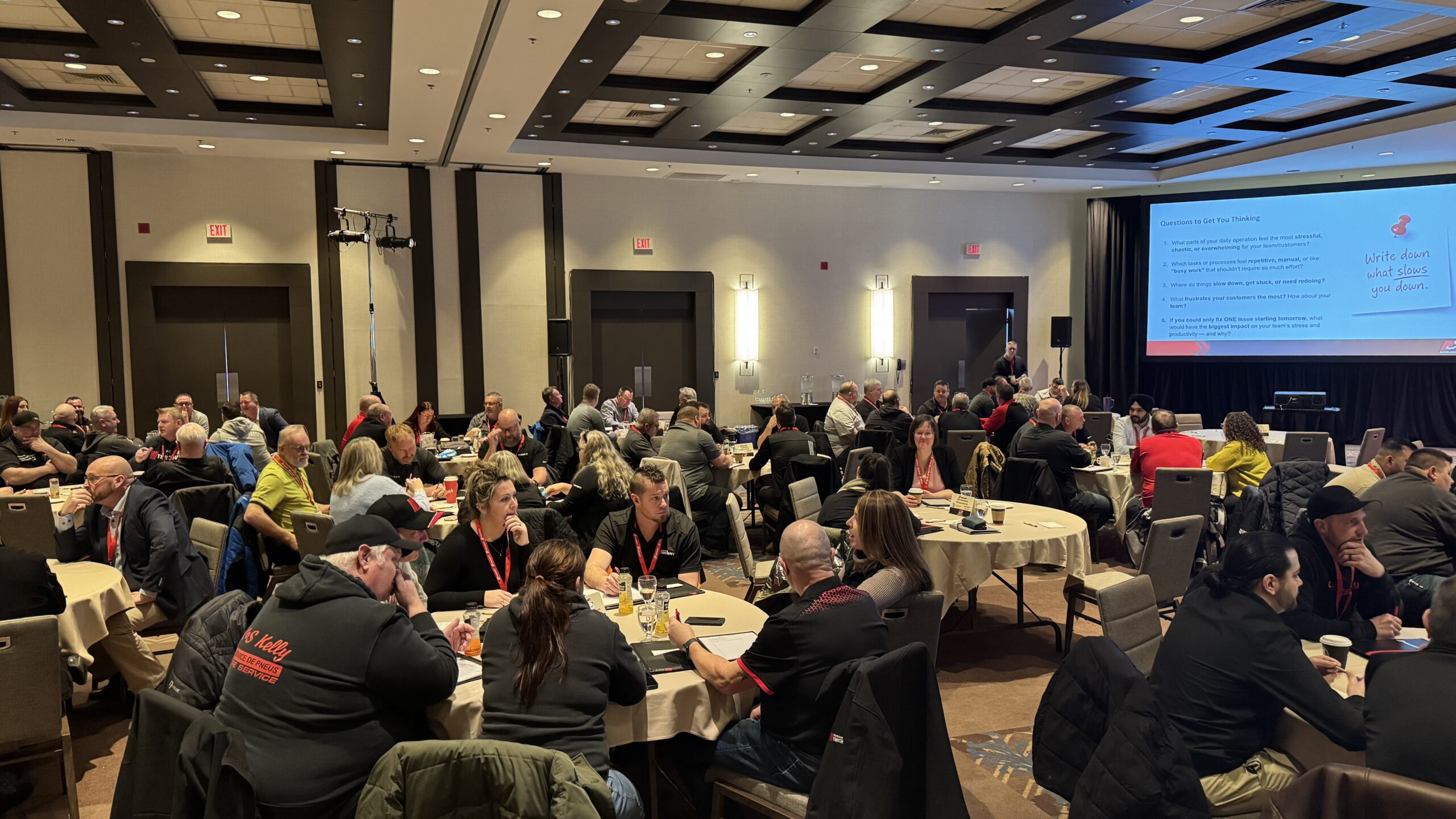
Handling price shoppers requires a strategic approach to ensure they understand the value your shop offers, shop coaches advised
Sabrina Wilkerson, a former service advisor and now a trainer at Elite, a training company, pointed out that these customers primarily inquire about the cost of services because that’s often the only aspect they know to ask about.
“They don’t know to ask about the quality of your shop and the parts that you’re using or your technicians and if they’re certified to look at their vehicle,” she said at the Midwest Auto Care Alliance Hi-Tech Training & Expo in Kansas City. “They don’t know your warranty and how they benefit from the warranty.”
It’s up to service advisors to initiate conversations that highlight these aspects. Wilkerson warned against falling into the mindset that everyone is just price shopping.
“If we get in that mindset of like, ‘Oh, everybody’s just price shopping right now,’ that’s how we go away from these processes and procedures [of asking the right questions],” she said.

Instead, advisors should focus on educating customers about the value and quality of the services provided by automotive aftermarket service professionals.
Tom Amero, director of operations at Elite addressed the common issue of service advisors selling from their own pocketbook, meaning they project their own financial limitations onto the customer.
“When we hear a price objection and we’re now thinking like they have the money,” she explained. “They just are choosing to spend it in different ways.”
To handle price objections effectively, Amero suggested a few strategies.
“We can defer some work. We can get them back on the schedule. We can do certain things. And there are a lot of things that we can do to handle the objection,” he said.
If a customer genuinely doesn’t have the money, advisors can offer solutions such as deferring non-essential work or scheduling future appointments, Amero said.













Leave a Reply